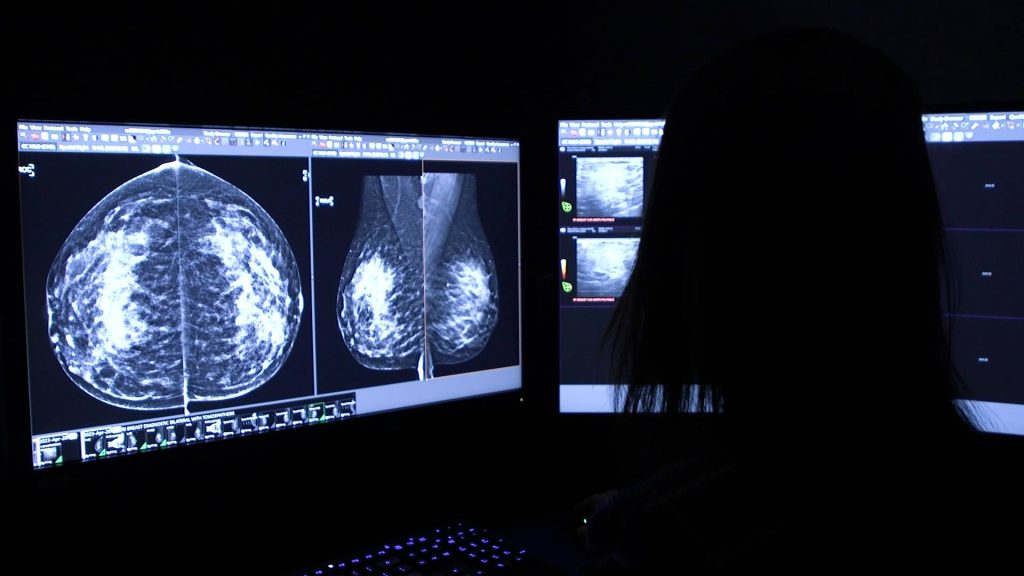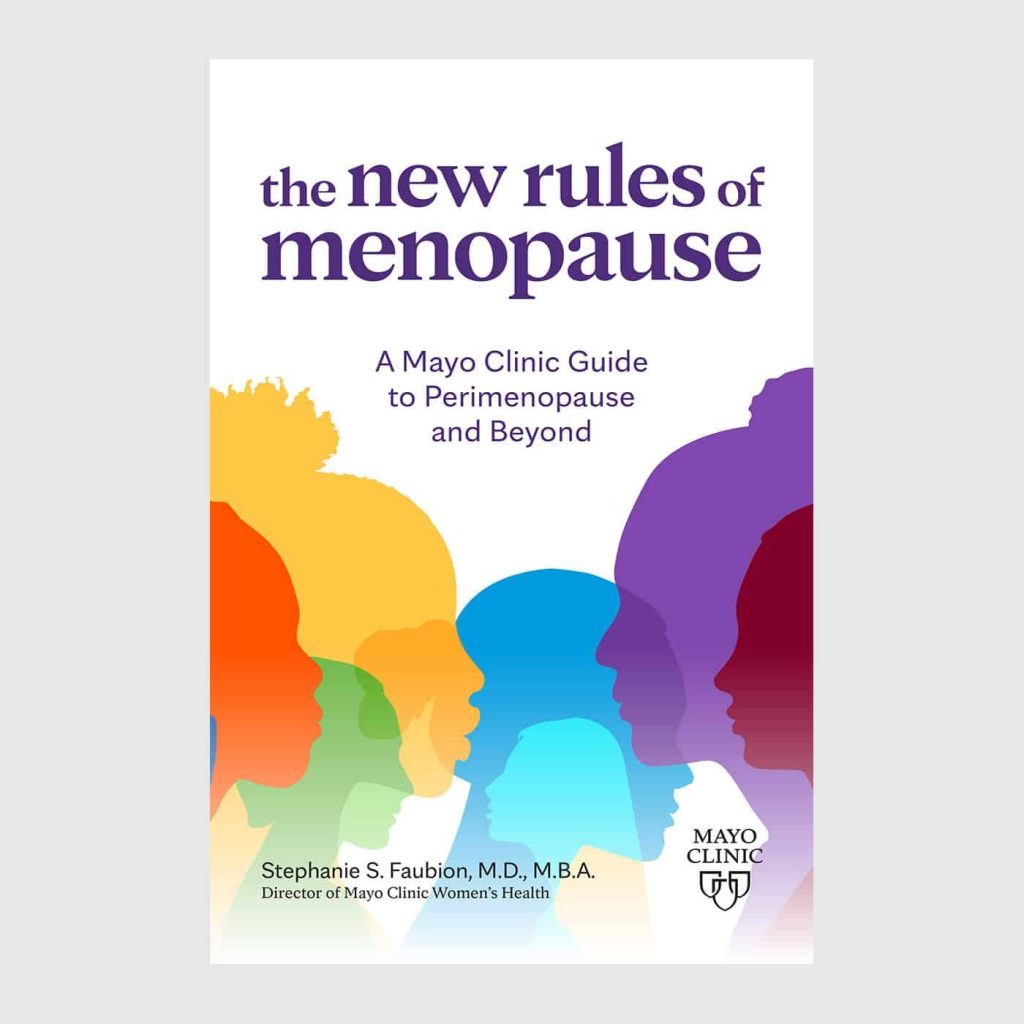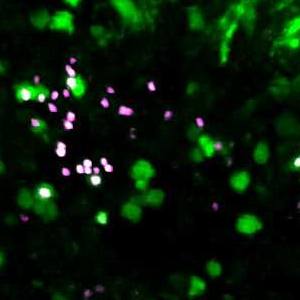Your risk of breast cancer increases with age, especially after menopause. Around 8 out of 10 breast cancer cases happen in women over 50.
Dr. Stephanie Faubion, director of the Mayo Clinic Center for Women's Health and director of the Menopause Society, says maintaining breast health is important, including regular mammography screenings.
Journalists: Broadcast-quality video (:59) is in the downloads at the end of this post. Please courtesy: "Mayo Clinic News Network." Read the script.
It's common to experience breast changes during perimenopause or menopause.
"We sometimes have shoots in our estrogen levels, so that can cause some breast tenderness. Typically, our density in the breast tends to decrease a little bit with menopause because we lose estrogen," says Dr. Faubion.
She says some age-related breast changes are normal, and ongoing breast care is vital.
"It's important to remember when you're in menopause to continue with breast cancer screening just as when you were premenopausal," Dr. Faubion says.
It's recommended to start regular breast cancer screening at age 40.
"We recommend mammography every year. There are also women with increased breast density, and we recommend supplemental screening for those women," she says.

Dr. Faubion says 50% of women in the U.S. have dense breasts.
"It's important to communicate with your healthcare team about what the best options for you might be to do some extra screening if you fall in that category," says Dr. Faubion.
Reduce risks of breast cancer, optimize breast health
Some risk factors for breast and ovarian cancer, like age, reproductive history and genetics (such as family history or BRCA gene changes), can't be changed. However, making certain lifestyle changes may help lower your risks.
How to reduce risks of breast cancer:
- Maintain a healthy weight.
- Get regular exercise.
- Limit alcohol consumption.
For more on ensuring breast health, talk with your healthcare team to find other ways to reduce your risks and when breast cancer screening is right for you.

Dr. Faubion, medical editor of The New Rules of Menopause, is one of the nation’s leading experts on menopause and regularly treats women with menopausal concerns.
Related posts:
- Menopause awareness and education should start earlier in life
- When to start regular breast cancer screenings
- Women’s Wellness: 5 Things To Know About Early Menopause







